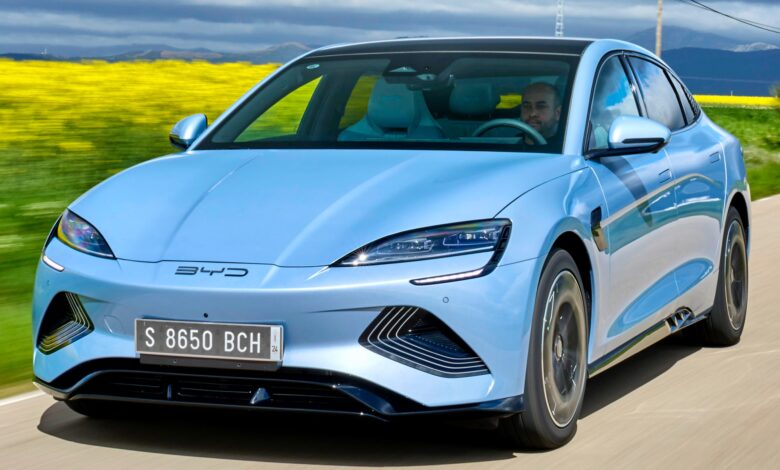
In a significant move aligning with the United States and European Union, Canada announced on Monday that it would impose a 100% tariff on all imports of Chinese electric vehicles (EVs) and a 25% tariff on imported steel and aluminum from China. The new tariffs, set to take effect on October 1, aim to counter what Prime Minister Justin Trudeau described as China’s state-directed policy of overcapacity.
The decision follows a pattern of growing global concerns regarding China’s trade practices. “I think we all know that China is not playing by the same rules,” Trudeau stated during a press conference on the sidelines of a closed-door cabinet meeting in Halifax, Nova Scotia. He emphasized that these tariffs are part of a coordinated effort with other global economies to address China’s perceived unfair competition.

Impact on Tesla and Chinese Automakers –
The tariffs will impact all Chinese-manufactured EVs entering Canada, including those from Tesla, which has been exporting vehicles like the Model 3 and Model Y from its Shanghai plant. In 2023, Canadian imports of Chinese automobiles surged by 460%, largely due to Tesla’s shipments. Tesla’s shares dropped 3.2% following the announcement, with analysts suggesting the company might shift production to the U.S. to avoid the tariffs, though this could raise costs.
Challenges for BYD and Other Chinese Automakers –
These tariffs could pose significant challenges for other Chinese automakers eyeing expansion into the North American market, particularly BYD. It has been rumored that Chinese automakers are exploring the possibility of purchasing the Chrysler, Dodge, and Plymouth brands from Stellantis to gain a foothold in North America.
However, it’s worth mentioning that BYD has publicly dismissed these rumors as “fake news” on social media. Despite this, sources have seen several BYD executives around multiple Stellantis plants in Canada, the Technical Center in Auburn Hills, and even the Chelsea Proving Grounds in Michigan. The 100% tariff complicates BYD’s plans, as it would either need to move production out of China or face higher costs that could make its vehicles less competitive in Canada. This could deter BYD’s ambitions, especially if similar tariffs are adopted in other markets.
The new tariffs will likely benefit Canadian-produced vehicles like the Dodge Charger Daytona and the Mexican-produced Jeep® Wagoneer S, making them more competitive in the Canadian market. With Chinese-made EVs facing higher costs due to the tariffs, these North American-built models could see increased demand, offering consumers locally manufactured alternatives without the added expense.
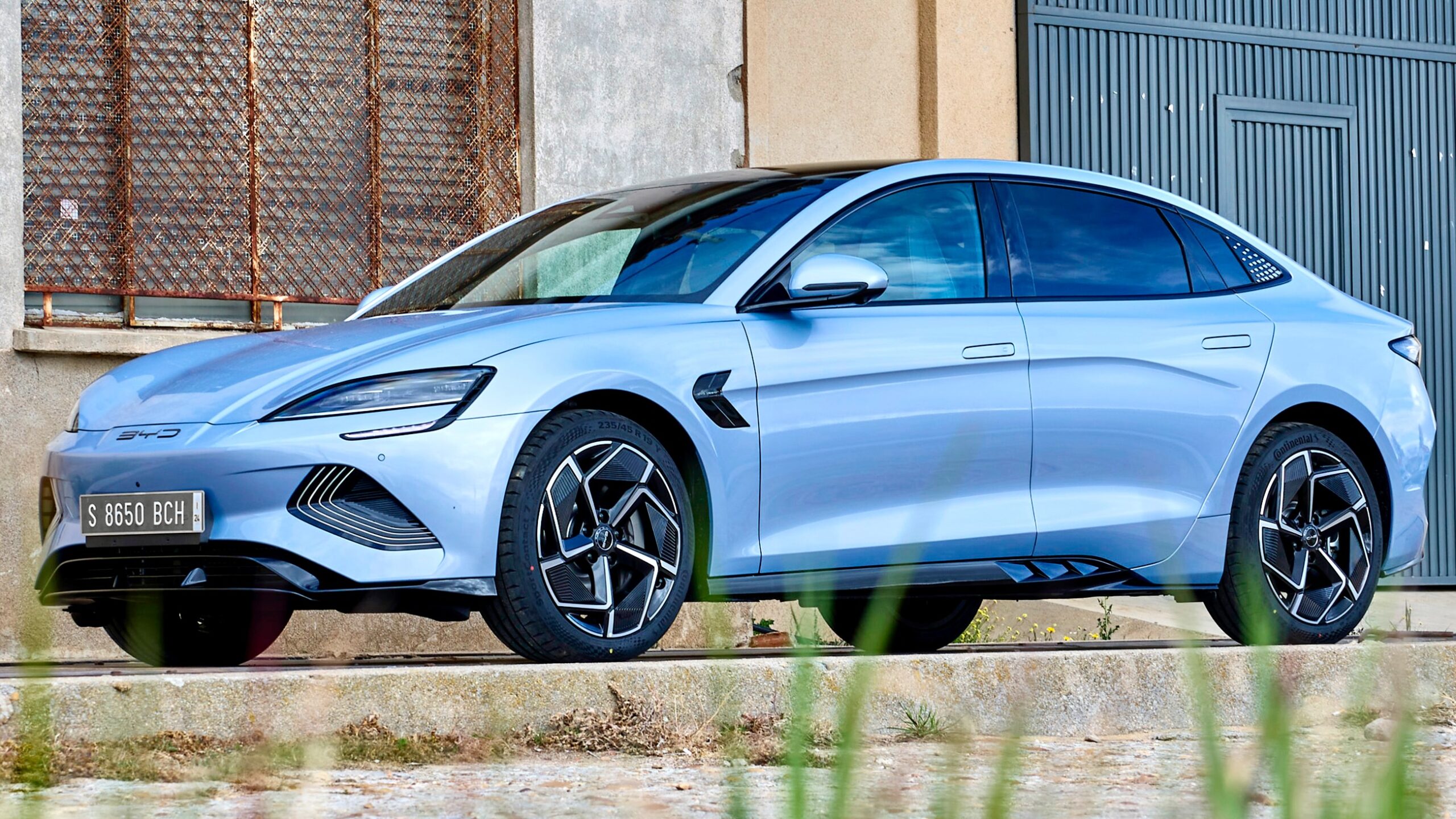
Global Context and Further Measures –
This decision by Canada comes after the European Union recently imposed tariffs on Chinese-imported EVs, and the United States announced similar measures earlier this year. Trudeau emphasized that Canada would continue working with allies to counter non-market practices by countries like China and hinted at further tariffs on Chinese products, including chips and solar cells.
Strengthening Canada’s EV Supply Chain –
Canada’s move to impose tariffs is part of a broader strategy to position itself as a key player in the global EV supply chain. The country has been actively working to attract top European automakers, securing deals worth billions of dollars to enhance its role in the EV industry.
As the tariffs take effect, Canada’s stance marks a pivotal moment in the global trade landscape, particularly in the rapidly growing electric vehicle sector. For companies like BYD, these developments could significantly impact their strategies for entering and competing in the North American market.
Source: Reuters / Global News

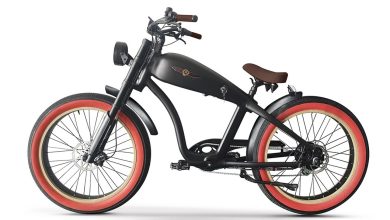
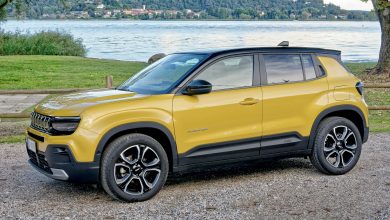


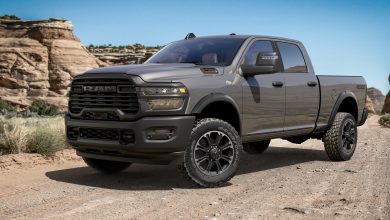
No replies yet
Loading new replies...
Join the full discussion at the Mopar Insiders Forum →